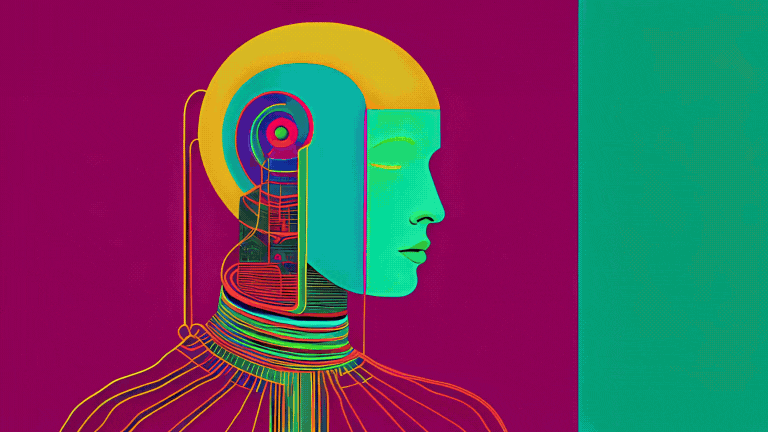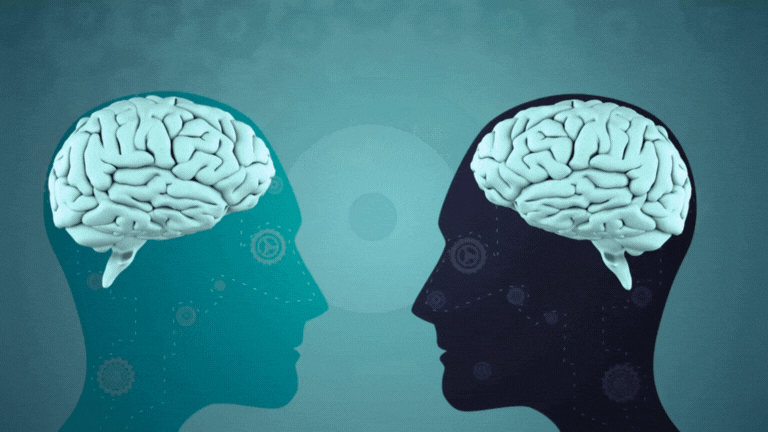🧐 Let's discuss the dangers of transformational games…🎮
Everyone who is now in a human body must understand that the voluntary consent of the subject is absolutely necessary for everything, literally everything. A child born on the earth simultaneously enters the field of management structures, although they are very well disguised.
You may ask why❓ it is important to understand this, because all modern systems bypass the Konas and Codes. Some people become victims of others, and they do not even realize that they have fallen victim to invisible Architects. After all, the war on Earth has never ended, it is constantly changing its form. Now it is not a war against nations, but against consciousnesses. Consent has not been canceled, it has been replaced, so by accepting the rules, you automatically agree. In reality, however, this is a trap of a treaty created not to protect but to allow manipulation. For example, under the guise of “Security”, various services have caused the zeroing of morality. Experiments used to be conducted “with enemies,” but now you don't know who and where your enemy really is. The concepts have been replaced, enemies have been imposed.
OPEN
—
YOUR
—
👁️🧠👁️🧠
—
OPEN — YOUR — 👁️🧠👁️🧠 —
And it's even more audacious because everything is presented as blassing. For example, people in the modern world often “play” various psychological games. Popular modern “games” resemble classic scenarios that are supposedly dictated by life itself. “Victim-commander”, one of the participants acts as the “Victim”, the other as the “Accuser” or “Observer”. They actually ignore the real problems and look for provocations. Then there is a role transition, or change. People are in the role of Victim, Accuser, or Observer in different situations without realizing it, for example, in relationships, at work, on social media. “Blame games” are hidden or overt demands for fulfillment of roles or expectations, for example, a partner or colleague constantly asking for help, taking on the role of the Victim to gain sympathy or control. And what about manipulative behavior in social media and various forums. A problem is imposed, a behavioral model is imposed, and everything is attached to a fictional role. To me, it all looks like the average temperature in the ward, and the purpose of the game is actually to access emotions to gain attention, sympathy, or control by manipulating words and emotions. This is all common in today's world of “crooked mirrors”, under the auspices of how it often occurs in relationships, teams, or even in internal dialog. But if you learn to recognize them, you can avoid the traps and build your own healthy relationships.
🔎Let's analyze the “popular games”
It's all very odd, because it seems that it all boils down to the so-called Cartman Triangle. This is a psychological model that describes three main roles or positions that people can take in conflict situations or relationships, such as victim, accuser, and observer (“Werewolf”). It was developed by psychologist Eric Berne as part of transactional analysis. Let's analyze the main roles: the victim: feels powerless, innocent, deprived, in need of protection. The accuser, in turn, criticizes and accuses others, i.e., shows aggression. And the third role is very interesting, although in principle not necessary, because it is a kind of arbitrator, a “werewolf” observer who runs between roles, can take the side of the victim or the accuser, or evades the conflict. This model helps to understand how people get involved in other people's games or strategies, “discover” in relationships, and “get out” of these roles. It is considered that this can help to establish healthier communication and conflict resolution.
💡The Lilith game and the dangers of it
This is a type of psychological game or behavioral mechanism that is often described in the context of transactional analysis and relationship psychology. The name “Lilith” is sometimes associated with the of a fimale figure who is portrayed in mythology and myths as self-willed or provocative. So let's move on to a general description of Lilith play: broadly speaking, it can be behavior aimed at emphasizing independence, protest, or a hidden desire to attract attention, dominate, or provoke a reaction from others. It can be manifested through provocative actions, assertive status in relationships, or through behavior that causes tantrums or fights. Where a possible scenario is to defend one's boundaries and independence, but with the desire to attract attention or get confirmation. And looks for provocations and conflicts to draw the attention of others, expressing dissatisfaction. It's like a game of “power” or “dominance”. It is important for us to analyze it so that we do not fall into the traps that are set. Psychologically, it is a manifestation of an inner desire to be heard or dissatisfaction with the status quo. Socially, play can serve as a way to test the boundaries or attitudes of others. The role of the person in the game still often has elements of the Victim and the Accuser, and is highly emotionally charged.
The "Lilith Game" is often associated with a psychological or personality model, but its specific creator is not broadly defined as any one individual. The name and concept of "Lilith" have a rich cultural and mythological context. But it is in psychology that this game has become popular because of the ideas described by professional trainers or psychologists who analyze human behavior and interpersonal games. In the context of transactional analysis. Terms and scenarios similar to "Lilith" do not have one specific creator, as they are part of a wide range of psychological models and practices developed by researchers in the field of human behavioral modeling. There are also ulterior motives in this game, which are usually motivated by a need for control, to protest, or to get attention, to assert independence or power in a relationship. It can be an attempt to get an emotional reaction, to influence others, or to take revenge for internal pain and misunderstanding.
✨Unlock the Secrets of Transformation
Let's discuss more specifically where the source of influence lies and the authors who have researched or prescribed games. It seems that many of the concepts come from Eric Berne's book "Games People Play: The Psychology of Human Relationships", which analyzes various psychological games and motives. It is a classic and highly influential study of the psychological games people play in interpersonal relationships. It divides behavior into “games” - repetitive scenarios that have hidden motives and goals. Berne's main idea is that most human interactions are a kind of “game” that serve certain psychological purposes, often unconsciously. These games have their own unique scenarios, roles, and outcomes, and many of them end negatively for the participants. The main concepts of the “Ego-being” are child, adult, and parent, and it determines the style of behavior in the game. The steps of the game are basically hidden, “as if they were ordinary” - the beginning, strategy, scenario and outcome.
Psychological games themselves, in the classical sense, are malicious, counterproductive, and emotionally harmful, with hidden goals. These types of games include: “ Toddler” - “Victim” (victim seeking help). “Career” - ‘Accuser’ (a clear game scenario that promotes conflict). “Verification” (testing another person for loyalty or respect)























